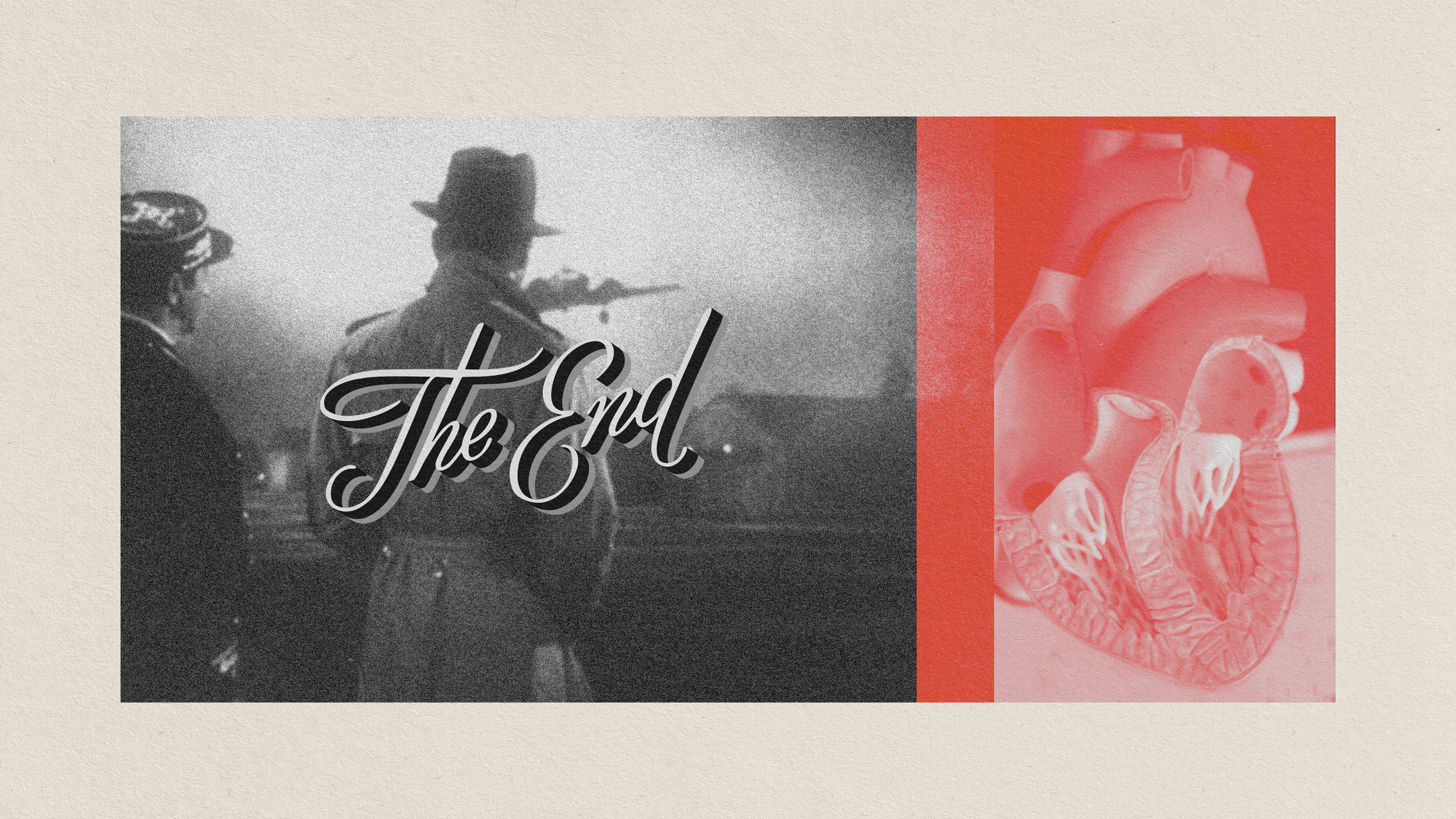Dr. Laurie Santos is an Associate Professor of Psychology at Yale University. Her research provides an interface between evolutionary biology, developmental psychology, and cognitive neuroscience, exploring the evolutionary origins of the human[…]
Sign up for the Smarter Faster newsletter
A weekly newsletter featuring the biggest ideas from the smartest people
Why Wall Street investors may think more like monkeys than we might have imagined.
Question: Why is important to study the evolutionary origins rnof our behavior?
Laurie Santos: One reason it’s rnimportant to actually study the evolutionary origins of say, you know, rnour economic troubles and so on is that, oftentimes when we learn some rnbehavior or some bias, is built in natural selection, it means it’s rnactually hard to overcome. So, you know, it’s really hard to convince rnpeople that cheesecake doesn’t inherently kind of taste good, right? rnYou know, sugary, fatty things are just built in by natural selection; rnwe’re going to like them. By the same token, it’s really hard to rnconvince people not to flinch when there’s some moving object coming at rnyour head, or there’s some scary spider, or so on. These are these rnkinds of biases that are built in via natural selection. They’re pretty rnold and they’re also really hard to turn off, even when we’re aware of rnthem.
The problem in the economic domain is, my guess is thatrn the biases we are seeing in us and in monkeys are going to be equally rnhard to turn off. But these are ones that it’s hard to even be aware ofrn how strong they are. So, I think one of the important things about rnseeing these kinds of errors in monkeys is, it’s just not only that theyrn are old, but they’re going to be really hard to get over. So, policiesrn that try to deal with these biases it might be well served to say, rn"Look, let’s just assume that these biases are in place and how can we rndesign policies that can accept that sort of deal with them as they rnare?"
Question: Do monkeys have an awareness of their rnown biases when making tough decisions?
rn
rnLaurie Santos: Yeah. So one thing we're really interested in is rnwhether monkeys have the opportunity to think twice, right? Now we can rnexperience this bias and succumb to it, we can also be very meta about rnit and think about, "Well, I can talk to you now about these biases," rnyou know, the monkeys probably aren’t you know, sitting around the rnforest talking to each other about the kinds of economic biases they rnhave.
So the fact that we can kind of think twice, pause, rnkind of inhibit this sort of instinctual bias... that gives us a weapon rnagainst these sorts of biases. But in some sense we have to know rnthey’re there in the first place to actually implement these kind of rn"Wait, wait, wait, let me stop, pause, think about it and try to come uprn with the right decision." So, I think awareness that we have these rnbiases in these everyday situations and that we’re really affected by rnthem is actually very important.
Recorded May 21, 2010
Interviewed by Andrew Dermont
Laurie Santos: One reason it’s rnimportant to actually study the evolutionary origins of say, you know, rnour economic troubles and so on is that, oftentimes when we learn some rnbehavior or some bias, is built in natural selection, it means it’s rnactually hard to overcome. So, you know, it’s really hard to convince rnpeople that cheesecake doesn’t inherently kind of taste good, right? rnYou know, sugary, fatty things are just built in by natural selection; rnwe’re going to like them. By the same token, it’s really hard to rnconvince people not to flinch when there’s some moving object coming at rnyour head, or there’s some scary spider, or so on. These are these rnkinds of biases that are built in via natural selection. They’re pretty rnold and they’re also really hard to turn off, even when we’re aware of rnthem.
The problem in the economic domain is, my guess is thatrn the biases we are seeing in us and in monkeys are going to be equally rnhard to turn off. But these are ones that it’s hard to even be aware ofrn how strong they are. So, I think one of the important things about rnseeing these kinds of errors in monkeys is, it’s just not only that theyrn are old, but they’re going to be really hard to get over. So, policiesrn that try to deal with these biases it might be well served to say, rn"Look, let’s just assume that these biases are in place and how can we rndesign policies that can accept that sort of deal with them as they rnare?"
Question: Do monkeys have an awareness of their rnown biases when making tough decisions?
rn
rnLaurie Santos: Yeah. So one thing we're really interested in is rnwhether monkeys have the opportunity to think twice, right? Now we can rnexperience this bias and succumb to it, we can also be very meta about rnit and think about, "Well, I can talk to you now about these biases," rnyou know, the monkeys probably aren’t you know, sitting around the rnforest talking to each other about the kinds of economic biases they rnhave.
So the fact that we can kind of think twice, pause, rnkind of inhibit this sort of instinctual bias... that gives us a weapon rnagainst these sorts of biases. But in some sense we have to know rnthey’re there in the first place to actually implement these kind of rn"Wait, wait, wait, let me stop, pause, think about it and try to come uprn with the right decision." So, I think awareness that we have these rnbiases in these everyday situations and that we’re really affected by rnthem is actually very important.
Recorded May 21, 2010
Interviewed by Andrew Dermont
▸
2 min
—
with






